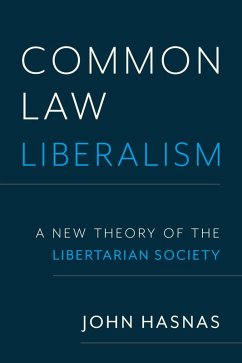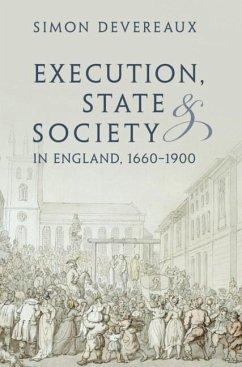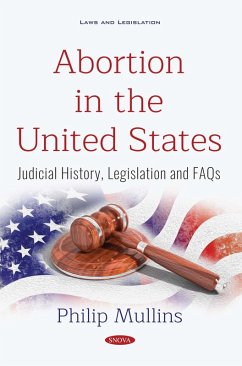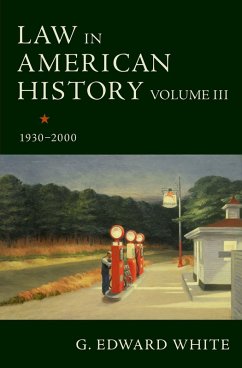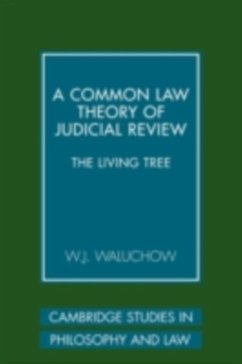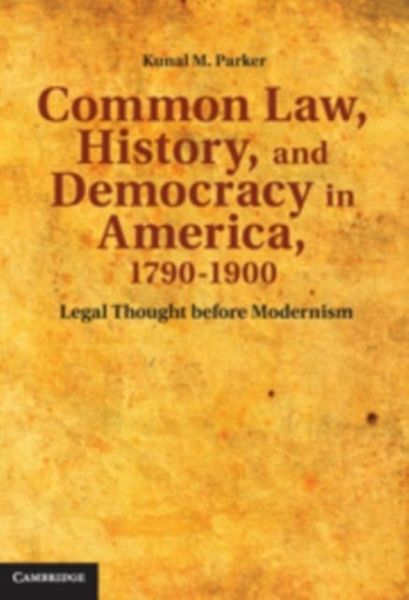
Common Law, History, and Democracy in America, 1790-1900 (eBook, PDF)
Legal Thought before Modernism
Versandkostenfrei!
Sofort per Download lieferbar
22,95 €
inkl. MwSt.
Weitere Ausgaben:

PAYBACK Punkte
11 °P sammeln!
This book argues for a change in our understanding of the relationships among law, politics and history. Since the turn of the nineteenth century, a certain anti-foundational conception of history has served to undermine law's foundations, such that we tend to think of law as nothing other than a species of politics. Thus viewed, the activity of unelected, common law judges appears to be an encroachment on the space of democracy. However, Kunal M. Parker shows that the world of the nineteenth century looked rather different. Democracy was itself constrained by a sense that history possessed a ...
This book argues for a change in our understanding of the relationships among law, politics and history. Since the turn of the nineteenth century, a certain anti-foundational conception of history has served to undermine law's foundations, such that we tend to think of law as nothing other than a species of politics. Thus viewed, the activity of unelected, common law judges appears to be an encroachment on the space of democracy. However, Kunal M. Parker shows that the world of the nineteenth century looked rather different. Democracy was itself constrained by a sense that history possessed a logic, meaning and direction that democracy could not contravene. In such a world, far from law being seen in opposition to democracy, it was possible to argue that law - specifically, the common law - did a better job than democracy of guiding America along history's path.
Dieser Download kann aus rechtlichen Gründen nur mit Rechnungsadresse in A, B, BG, CY, CZ, D, DK, EW, E, FIN, F, GR, HR, H, IRL, I, LT, L, LR, M, NL, PL, P, R, S, SLO, SK ausgeliefert werden.






